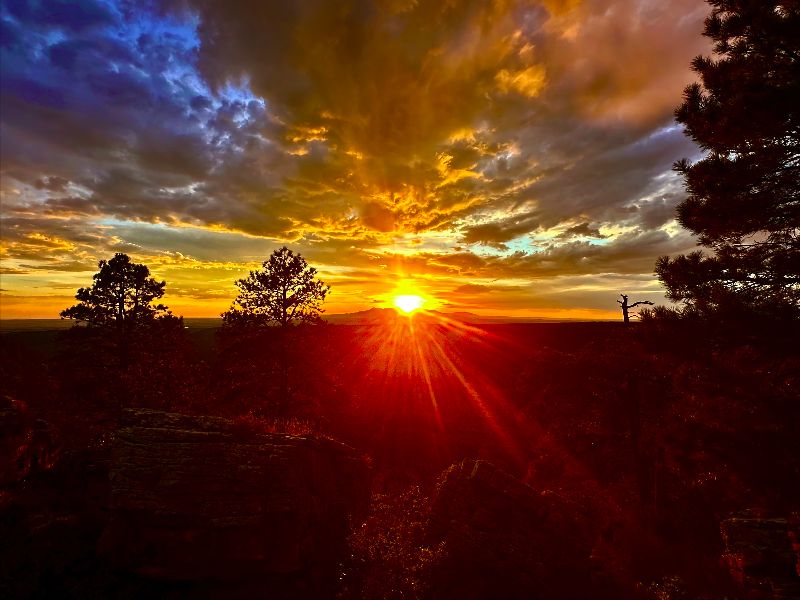The following is part of an ongoing dialogue with the feelings and questions of our time. This month, our founder Ariana Candell explores ways we can orient to the crises at hand and be of service on behalf of a life sustaining society.
What can we give in the service of life on Earth when there is so much need?
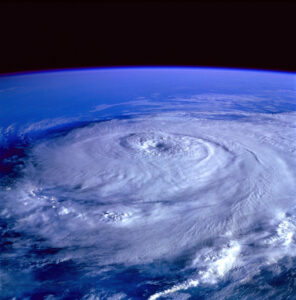 Similar to me, you may be alternately nervous or terrified about the upcoming U.S. election. You may go between being horrified, enraged, and in denial around the tens of thousands of women and children killed or starving in Palestine, Darfur, Ukraine and other countries in political and ecological turmoil. You may be impacted by the devastation of recent hurricanes or tornadoes or are suffering another effect of our climate crises. There is so much that humanity and the planet are crying out for right now, how do we hold all of this?
Similar to me, you may be alternately nervous or terrified about the upcoming U.S. election. You may go between being horrified, enraged, and in denial around the tens of thousands of women and children killed or starving in Palestine, Darfur, Ukraine and other countries in political and ecological turmoil. You may be impacted by the devastation of recent hurricanes or tornadoes or are suffering another effect of our climate crises. There is so much that humanity and the planet are crying out for right now, how do we hold all of this?
You probably ask yourself, what can I do?
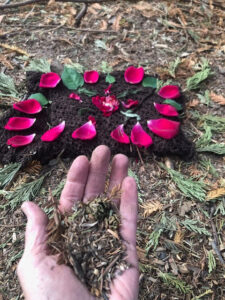 My starting place is to go to the land daily for solace and inspiration, and to keep asking ‘what can I give?’ I believe it is essential to develop and stay in relationship with nature allies to help us stay calm and centered, and also to move forward into action.
My starting place is to go to the land daily for solace and inspiration, and to keep asking ‘what can I give?’ I believe it is essential to develop and stay in relationship with nature allies to help us stay calm and centered, and also to move forward into action.
With so much going on in the world (in addition to big challenges in my family), it has been helpful to remember The Work That Reconnects’ three categories of the Great Turning towards a life-sustaining society (Coming Back to Life, ch. 1). These offer countless ways to give our gifts to the world.
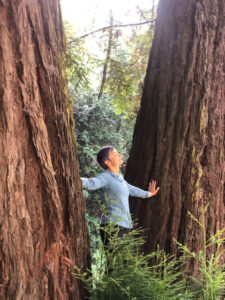 The first, Holding Actions in Defense of Life are actions that slow the tide of ecological, social and political devastation. These could be: volunteering to help land and water restoration; eating vegetarian or vegan; divesting from banks supporting fossil fuel companies; protesting for LGBTQ+ rights or against genocidal wars and colonization; volunteering at a food bank or helping the unhoused; having an open, curious conversation with a loved one who has a different political view than yourself; participating in letter/postcard campaigns to get out the vote or voting for candidates that support life-giving policies and many more.
The first, Holding Actions in Defense of Life are actions that slow the tide of ecological, social and political devastation. These could be: volunteering to help land and water restoration; eating vegetarian or vegan; divesting from banks supporting fossil fuel companies; protesting for LGBTQ+ rights or against genocidal wars and colonization; volunteering at a food bank or helping the unhoused; having an open, curious conversation with a loved one who has a different political view than yourself; participating in letter/postcard campaigns to get out the vote or voting for candidates that support life-giving policies and many more.
If you are a US voter, I urge you to make sure your vote is secure at https://saveyourvote.org/ and watch the movie, Vigilante Inc. This is a terrifying but essential documentary of how some Republicans are strategizing voter suppression by taking people off the voter rolls who don’t even know they’re off them. This is happening in dozens of states and to hundreds of thousands of people!
 The second WTR approach is Transforming the Foundations of our Common Life, changing the life destroying, genocidal, capitalistic, colonial, white supremacist, etc. systems and institutions that do not serve life, and creating new systems. These include creating “cultures of care” (Resmaa Menakem), and systems that value true human needs and the capacity to make one’s own choices about one’s life.
The second WTR approach is Transforming the Foundations of our Common Life, changing the life destroying, genocidal, capitalistic, colonial, white supremacist, etc. systems and institutions that do not serve life, and creating new systems. These include creating “cultures of care” (Resmaa Menakem), and systems that value true human needs and the capacity to make one’s own choices about one’s life.
 Aspects of this approach are: being involved in study circles and actions that look at how to create a more just economy, (perhaps reading Decolonizing Wealth or Hospicing Modernity); learning Permaculture and creating community gardens; developing truth and reconciliation commissions; expanding localized renewable energy sources; developing cooperative forms of ownership. We at The Earthbody Institute are devoted to creating circles and training where people who identify in a myriad of ways feel safe, seen,
Aspects of this approach are: being involved in study circles and actions that look at how to create a more just economy, (perhaps reading Decolonizing Wealth or Hospicing Modernity); learning Permaculture and creating community gardens; developing truth and reconciliation commissions; expanding localized renewable energy sources; developing cooperative forms of ownership. We at The Earthbody Institute are devoted to creating circles and training where people who identify in a myriad of ways feel safe, seen,  uplifted and supported, and can offer this and earth-honoring healing to their communities. The third approach is a Shift in Perception and Values, to awaken to the fact that we are “alive on a living Earth” (Joanna Macy) and then living with the awareness that we are interconnected with all beings, human and other than human. This shift can be inspired and nurtured by indigenous wisdom, mystical spiritual perspectives and sitting in contemplation with the land.
uplifted and supported, and can offer this and earth-honoring healing to their communities. The third approach is a Shift in Perception and Values, to awaken to the fact that we are “alive on a living Earth” (Joanna Macy) and then living with the awareness that we are interconnected with all beings, human and other than human. This shift can be inspired and nurtured by indigenous wisdom, mystical spiritual perspectives and sitting in contemplation with the land.
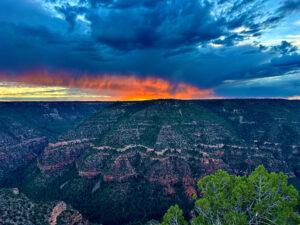 Specific ways to cultivate new perceptions include: classes in “Unlearning Racism” and “White Awake”; allying with native peoples’ decolonizing efforts, exploring shamanic traditions or reclaiming the earth practices of your ancestral roots; engaging with the arts of: poetry, music, dance, etc; practicing ecofeminism and ecotherapy and participating in nature immersion experiences (like Earthbody’s Level 2 & 3).
Specific ways to cultivate new perceptions include: classes in “Unlearning Racism” and “White Awake”; allying with native peoples’ decolonizing efforts, exploring shamanic traditions or reclaiming the earth practices of your ancestral roots; engaging with the arts of: poetry, music, dance, etc; practicing ecofeminism and ecotherapy and participating in nature immersion experiences (like Earthbody’s Level 2 & 3).
There are so many ways to offer yourself and your gifts to the world. Whatever you choose to devote your energy, heart and spirit to, we commend you and appreciate you! We need all of us to create a better world!
May you keep building your courage to go forward from your strong center and join with other collaborators who uphold you and the earth.
With deep earth love,
Ariana & the Earthbody Team
NATURE PRACTICE
Following is a Nature Practice from our teacher Ryan Van Lenning
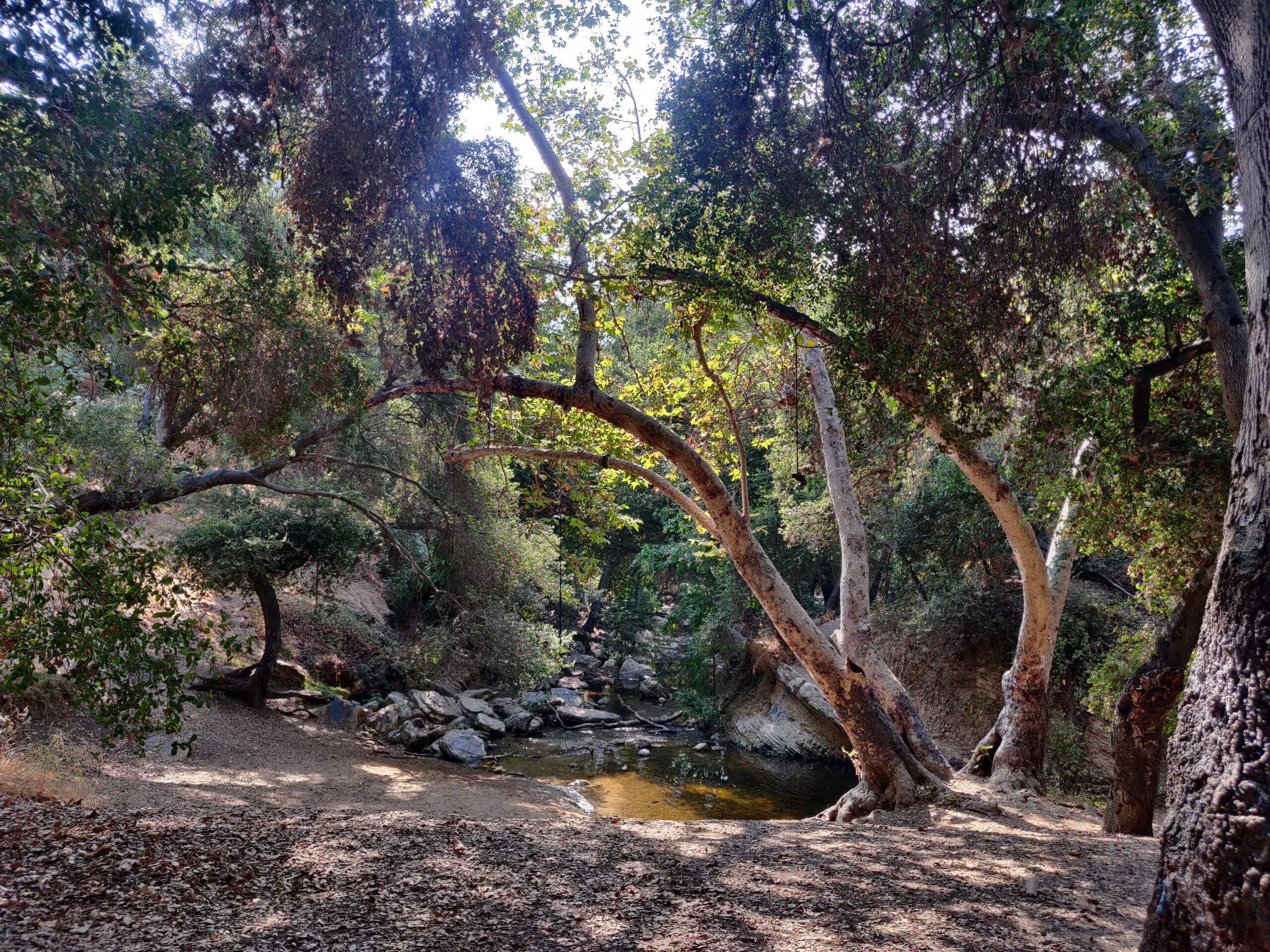
FINDING FLOW AND GROUNDEDNESS
“When asked to which country I belong, I said, I’m a citizen of her flow.”
The practice here is to feel into the qualities of Flow and Groundedness, both in nature and in yourself.
- Find a sit spot that has flowing water and trees. Let your bare feet touch the ground or in the water.
- Spend time with the qualities of both water and either trees or laying on the ground. Spend at least 15-30 minutes with each. Let the flow of water evoke what is flowing or needs to flow in you. Let the earth and solidity of the tree evoke your own grounding and stillness.
- Pay attention to how your body responds, including your emotions and senses, when you are with the quality of flowing water. Compare those sensation to what arises when you sit with or against a tree.
- Now lean into the interplay between both Flow and Groundedness. Trees have flow and rivers have a grounding. Without the solidity of the bed, the river would have no course or shape. Meanwhile the trees are virtual rivers, pumping water from the ground into its canopy, and continuously breathing in and out.
“A tree is a river…roots draw gallons of water into the leaf-tips of its topmost branches every day; released as vapour into the summer air, this water rises invisibly to join the clouds, and the falling raindrops ripple out into every tree ring…”
–Roger Deakin
- Let the following questions flow through you, then journal about what emerges.
- What might it be like if you simply followed your own flow, your own internal rhythms?
- What aspect of water could be most nourishing/useful to you in your life right now?
- What would it feel like to be as still and quiet and as rooted as a tree.
- How might I bring groundedness more fully into my life?
PROFESSIONAL RESOURCES
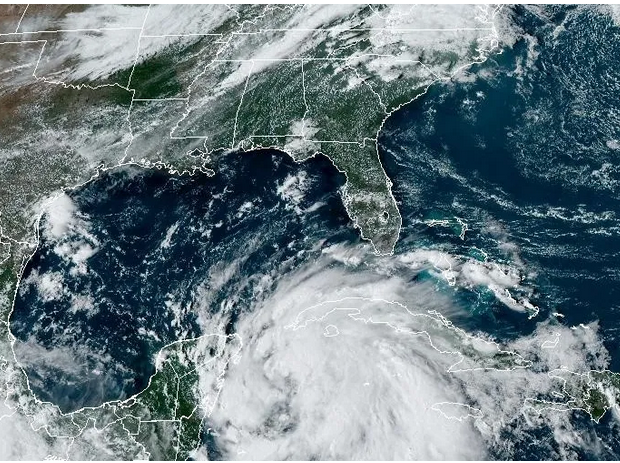
Disaster Response Mental Health Training Resources Our hearts are with those in Florida, North Carolina, South Carolina, Tennessee, Georgia, and Virginia, who are gravely impacted by Hurricane Helene and Hurricane Milton. If you are a mental health professional and would like to assist with Disaster Response for Mental Health needs, but don’t have the prerequisite training, get started with a free online training from the NCTSN in Psychological First Aid. Or, become a Service Associate Disaster Mental Health Volunteer with the American Red Cross through this on-demand training with CAMFT. If you would like to help monetarily, please send donations to Beloved Ashville or Direct Relief, which are both organizations providing on the ground supplies and care to communities impacted by Hurricane Helene.
HOPEFUL ACTIVISM
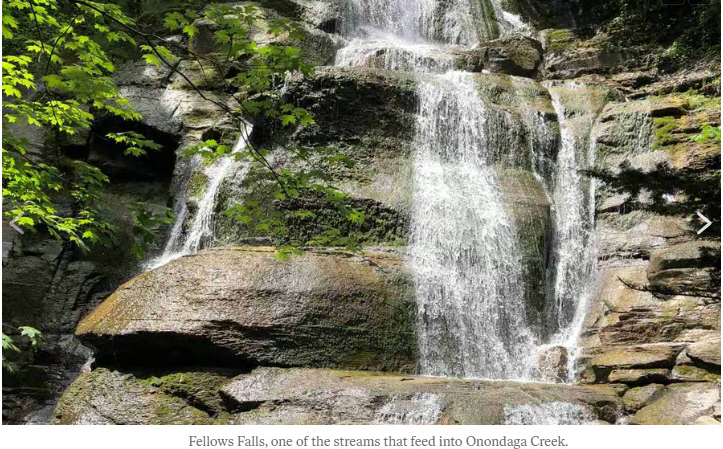
Onondaga Nation Regains 1,023 Acres of Land “On Friday, September 27th, representatives of the Onondaga Nation signed legal documents with Honeywell International for the return of 1,000 acres of land at the headwaters of Onondaga Creek which sits within the original treaty footprint set aside for the Onondaga under the 1794 Treaty of Canandaigua… This is the first acreage returned to the stewardship of the Onondaga since New York State and the U.S government repeatedly broke the terms of the treaty which originally set aside 2.5 million acres for the Onondaga.” Read more at OnondagaNation.org
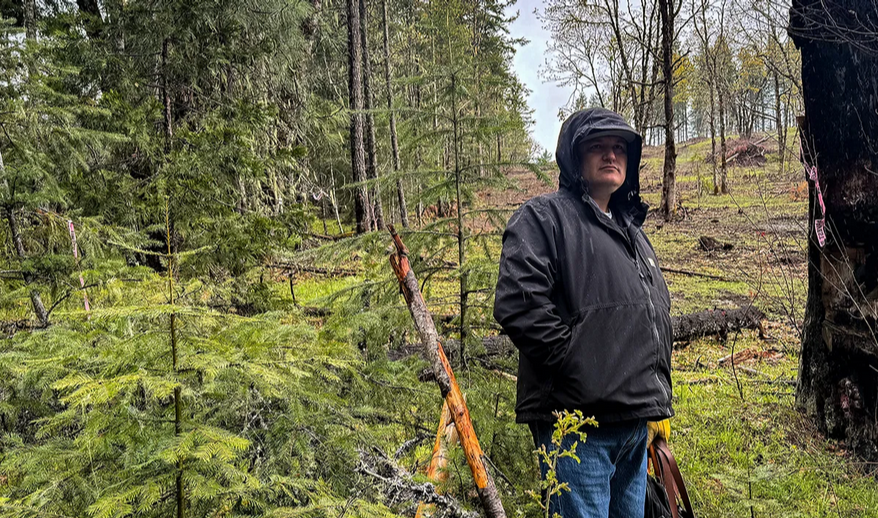
Where Fire Back Means Land Back “The Cow Creek Band of Umpqua Tribe of Indians have been restoring their oak savanna meadows, after decades of fire suppression and the removal of large, fire-adapted trees under federal management…In 2018, the Tribe received 17,519 acres of land from the U.S. government for the Tribe to manage under its own authority…Cow Creek Umpqua is blending Western science with traditional ecological knowledge to manage the landscape and safely reintroduce fire.” Read more of this story HERE.
POETRY AND INSPIRATION
This month we honor and recognize Indigenous Peoples Day, featuring nature-based poems from two Muskogee Creek poets.
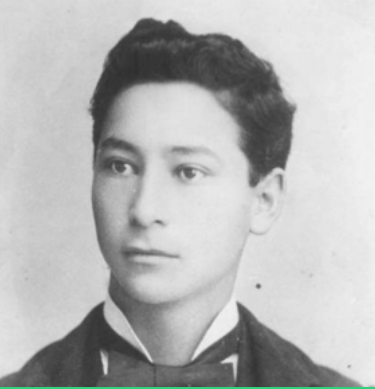
Autumn
By Alexander Posey
In the dreamy silence
Of the afternoon, a
Cloth of gold is woven
Over wood and prairie;
And the jaybird, newly
Fallen from the heaven,
Scatters cordial greetings,
And the air is filled with
Scarlet leaves, that, dropping,
Rise again, as ever,
With a useless sigh for
Rest—and it is Autumn.
The Call of the Wild
By Alexander Posey
I’m tired of the gloom
In a four-walled room;
Heart-weary, I sigh
For the open sky,
And the solitude
Of the greening wood;
Where the bluebirds call,
And the sunbeams fall,
And the daisies lure
The soul to be pure.
I’m tired of the life
In the ways of strife;
Heart-weary, I long
For the river’s song,
And the murmur of rills
In the breezy hills;
Where the pipe of Pan—
The hairy half-man—
The bright silence breaks
By the sleeping lakes.
Alexander Posey, born August 3, 1873, was a Muskogee Creek poet, journalist, and humorist known for his poems and Fus Fixico letters, a series of satirical letters written from his fictional persona, Fus Fixico, that commented on local and national politics of the time. He served as the editor for the Eufaula Indian Journal before passing away on May 27, 1908. The posthumous The Poems of Alexander Lawrence Posey (Crane Printers), which was collected and arranged by Posey’s wife, was published in 1910. Read more of Alexander’s poems at poets.org
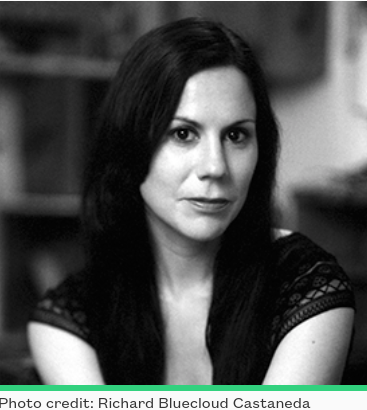
Origin of Planets
By Jennifer Foerster
In this version, the valley
lime green after rain
rolls its tides before us.
A coyote bush shivers with seed.
We hold out our palms as if catching snow—
our villages of circular tracts
overcast with stars.
We have been moving together in sequence
for thousands of years, paralyzed
only by the question of time.
But now it is autumn under bishop pines—
the young blown down by wind feed
their lichens to the understory.
We follow the deer-path
past the ferns, to the flooded
upper reaches of the estuary.
The channel snakes through horsetails
and hemlock as the forest deepens, rises
behind us and the blue heron,
frozen in the shallows.
The shadow of her long neck ripples.
Somewhere in the rustling tulle reeds
spider is casting her threads to the light
and we spot a crimson-hooded fly agaric,
her toadstool’s gills white
as teeth as the sun
bleeds into the Pacific.
We will walk the trail
until it turns to sand
and wait at the spit’s edge, listening
to the breakers, the seagulls
as they chatter their twilight preparations.
What we won’t understand
about the sound of the sea is no different
than the origin of planets
or the wind’s crystalline structures
irreversibly changing.
The albatross drags her parachute
over the earth’s gaping mouth.
We turn back only for the instant
the four dimensions fold
into a sandcastle—before its towers
are collapsed by waves.
The face that turns
toward the end of its world
dissolves into space—
despite us, the continuum remains.
Copyright © 2022 by Jennifer Elise Foerster. Originally published in Poem-a-Day on December 20, 2022, by the Academy of American Poets.
Jennifer Elise Foerster is the author of The Maybe-Bird (The Song Cave, 2022); Bright Raft in the Afterweather (University of Arizona Press, 2018); and Leaving Tulsa (University of Arizona Press, 2013). A member of the Muscogee (Creek) Nation of Oklahoma, Foerster has received a Lannan Foundation Writing Residency Fellowship, a National Endowment for the Arts fellowship, and a Wallace Stegner Fellowship in Poetry at Stanford University. Foerster teaches in the Institute of American Indian Arts’ Low Residency MFA in creative writing and at the Rainier Writing Workshop. She lives in San Francisco. Read more of Jennifer’s poems at poets.org
We acknowledge that The Earthbody Institute is located in Huchiun, in unceded Lisjan territory, now known as Oakland. We honor and support the ancestors and present Lisjan people. We encourage you to learn more and make a donation to support the return of their land and culture.

